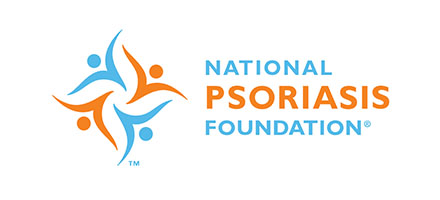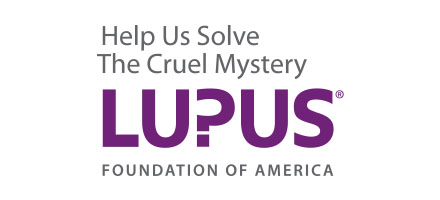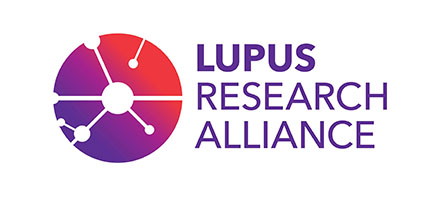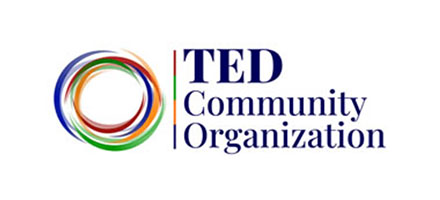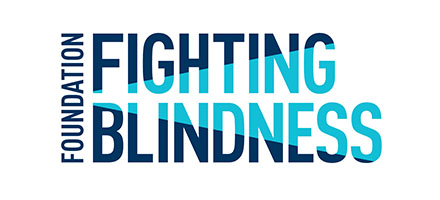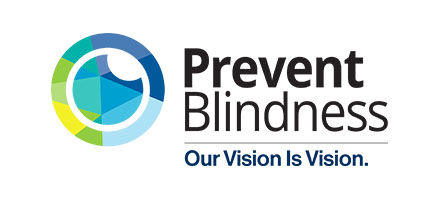Alumis is developing next-generation targeted therapies with potential to overcome current treatment limitations like safety concerns, inconvenient dosing, and limited efficacy for people with immune-mediated diseases.
Clinical Trials
| Program | Phase | Condition | Status | More Information |
|---|---|---|---|---|
| Envudeucitinib: ONWARD 1 | Phase 3 | Psoriasis | Active, not recruiting | ClinicalTrials.gov |
| Envudeucitinib: ONWARD 2 | Phase 3 | Psoriasis | Active, not recruiting | ClinicalTrials.gov |
| Envudeucitinib: ONWARD 3 | Phase 3 | Psoriasis | Recruiting | ClinicalTrials.gov |
| Envudeucitinib: LUMUS | Phase 2 | Lupus | Active, not recruiting | ClinicalTrials.gov |
| Lonigutamab | Phase 1/2 | Thyroid Eye Disease | Active, not recruiting | ClinicalTrials.gov |
We are driven to help millions of people worldwide with immune-mediated diseases – conditions that can bring daily physical and emotional challenges – live healthier, fuller lives.
Plaque Psoriasis
Psoriasis affects over 8 million adults in the U.S. and more than 125 million worldwide, with plaque psoriasis being the most common form.1 It’s caused by an overactive immune system that accelerates skin cell turnover, leading to dry, scaly patches that can cause pain, itching, bleeding and emotional distress.
The National Psoriasis Foundation defines the severity of psoriasis based on its impact on quality of life and the percentage of the body affected. About one in four experience moderate to severe cases.
Despite treatment advances, options remain limited. Injectable biologics are effective but often inconvenient. Oral treatments tend to lose effectiveness over time and pose safety risks, leading patients to frequently switch therapies.
Alumis is developing envudeucitinib (“envu”), formerly known as ESK-001, to address this gap in treatment. It is a next-generation oral tyrosine kinase 2 (TYK2) inhibitor designed to target persistent systemic inflammation—both in and beneath the skin—with the goal of providing long-lasting skin clearance while being generally safe and well-tolerated for people with moderate to severe plaque psoriasis.
LEARN MORE ABOUT envu FOR PLAQUE PSORIASIS
1 - National Psoriasis Foundation
Systemic Lupus Erythematosus (SLE)
SLE occurs when the immune system attacks the body’s own tissues, leading to inflammation, pain, and serious complications across multiple organs. It’s the most common form of lupus, affecting millions worldwide, especially women of childbearing age. Over time, SLE can lead to organ damage, disability, and a shorter life expectancy.
Treatment options for SLE are limited, with many patients still experiencing persistent disease activity and frequent flares. Without an available oral therapy, they must rely on injectable biologics and immunosuppressive treatments - options that come with potential toxicity and ongoing health risks.
With envudeucitinib (“envu”), formerly known as ESK-001, a next-generation oral tyrosine kinase 2 (TYK2) inhibitor, we aim to reduce disease activity, while minimizing side effects and long-term complications for patients with SLE.
Thyroid Eye Disease (TED)
TED, or Graves’ orbitopathy, is a rare autoimmune condition that most often affects people with thyroid disorders like Graves’ disease. It’s caused by autoantibodies that overstimulate a receptor complex made up of insulin-like growth factor 1 receptor (IGF-1R) and thyroid-stimulating hormone receptor (TSHR) on orbital fibroblasts, triggering the disease process.
TED is lifelong and can lead to bulging eyes, double vision, pain, and even vision loss. Its physical and emotional effects can significantly impact quality of life and daily functioning.
Where available, first-generation anti-IGF-1R monoclonal antibodies have provided the first specific pharmacological treatment to reduce the symptoms of TED and protect vision. Unfortunately, several unmet medical needs remain.
Lonigutamab, a next-generation anti-IGF-1R, is being explored as a potential TED treatment, offering a convenient subcutaneous route of administration and safety benefit while retaining the clinically validated efficacy of an anti-IGF-1R.
Expanded Access Policy
Expanded Access Programs (EAPs), including Compassionate Use (CU), are a regulatory pathway that allows biopharmaceutical companies to provide investigational drugs, which have not been FDA-approved, to patients with a serious or immediately life-threatening illness when there are no comparable or satisfactory alternative treatments available, and the patient is ineligible or unable to participate in a clinical trial.

